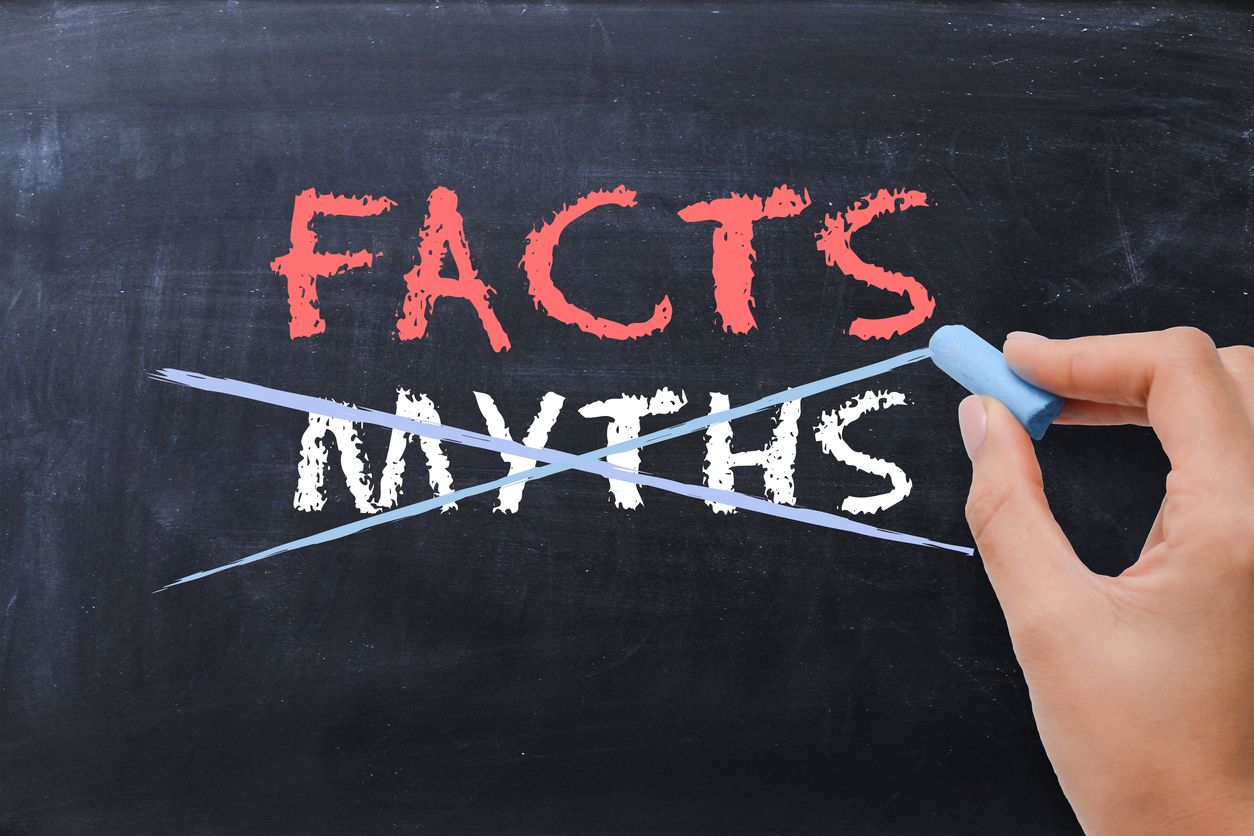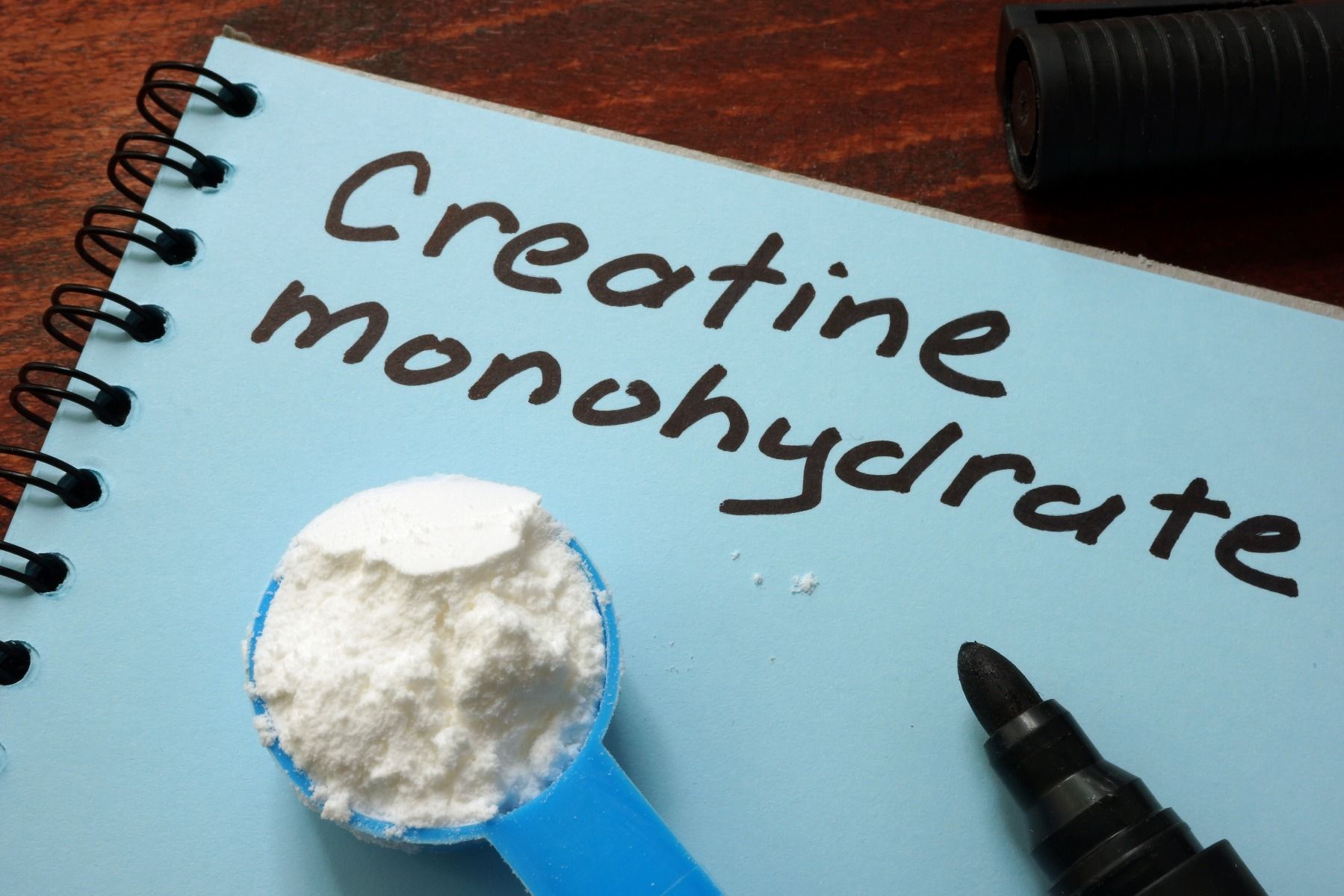Table of Contents
Creatine is one of the most popular nutritional supplements on the market. Unfortunately, there are many myths associated with it, and there are many misconceptions about its side effects and uses on the Internet. Perhaps that is why it was one of the most studied nutritional supplements. Although you are relatively new to the bodybuilding world, you have probably heard of it. What’s so amazing about creatine? Put simply, creatine fights fatigue during training, allowing you to train longer and with greater intensity, ultimately increasing your strength as well as muscle mass. In addition, it effectively acts to increase muscle volume.
How does it work?
Creatine serves as a fuel for demanding physical activities. For muscle contraction, adenosine triphosphate (ATP) must break down the phosphate group and leave ADP behind. The only problem is that the human body cannot use ADP as a source of energy. Solution? ADP takes phosphate from creatine stores in the body to produce more ATP. Creatine supplementation is used to build up creatine in the body and increase creatine availability, resulting in accelerated ATP production. The more creatine you have, the more power and exercise time you will achieve before fatigue.
So, creatine can be one of the most effective supplements to increase muscle mass and improve body composition, strength and greater performance. Anyways, there are myths and misinformation about the safety and potential side effects of this supplement. Is creatine safe? Does it cause weight gain? Is it harmful to the kidneys?

Continue reading to know the answers to these questions. We have prepared a summary of the four most common creatine myths, even with an explanation of the facts supported by studies and research.
You might be interested in these products:
Myth 1: Creatine causes kidney and liver damage
There are many studies about creatine supplementation, each concluding that there were no adverse side effects on the liver or kidneys with long-term use of creatine. Most of the concerns about creatine safety are mainly related to how well the kidneys filter blood.
Perhaps the confusion comes from an elevated level of creatinine (this indicator is used to diagnose kidney problems) that occurs when creatine is used. However, these “positive results” are by no means harmful to our body. In addition, there is no scientific evidence that chronic supplementation of the recommended dose of creatine is detrimental to renal function. [1]

Several studies have shown that creatine has no adverse effects that affect how well the kidneys filter blood. [2], [3] In addition, there are hundreds of studies aimed at overall creatine safety as a supplement. If you don’t have time to read the articles and studies from the sources listed below, we’ve provided a quick review of the creatine safety literature:
- 12 weeks of creatine supplementation has no effect on blood lipid profiles. [4]
- Long-term use of creatine does not adversely affect athletes’ health indicators. [5], [6]
- To this day, no studies have been found to show significant changes in kidney, liver, heart, or muscle function die to creatine use. [7]

Therefore, if you do not suffer from or have not suffered from chronic liver or kidney problems, creatine supplementation cannot cause you to become ill.
In one study that lasted up to 5 years, soccer players took more than 15.75 grams of creatine per day. There was no negative effect on kidneys or liver. Another study was conducted by Dr. Kerry Kuehl at Oregon University of Science and Health in Portland. Liver function in 36 healthy men and women was studied over a period of 12 weeks with a supplementation of 10 grams of creatine per day. Dr. Kuehl found that creatine had no effect on the proper functioning of the liver. [8]
Myth 2: Creatine causes gastrointestinal pain
All available evidence indicate that creatine is safe to use, although it may cause minor digestive problems. The fact that creatine causes abdominal pain is something of the truth, but this side effect is very rare. In fact, it has been found that only 5 to 7 percent of people who use creatine have abdominal pain problems. Stomach problems are usually caused by taking too much creatine at once or on an empty stomach.
The recommended daily dose of creatine ranges from 3 to 5 grams. By following this dose you will avoid stomach problems and abdominal pain.

In an effort to reduce stomach problems, micronized creatine has been formed, which is ground into smaller parts, making it easier to digest. The main advantage of micronization is reduction of the particle size to increase solubility, which has the potential to alleviate stomach problems. It also allows faster mixing and better absorption. [9]
A study conducted by Dr. Vandenberghe found that 3 out of 9 people experienced minor stomach problems during 3 days of creatine supplementation, but in conjunction with 400 mg of caffeine daily, so it is not surprising that some people experienced laxative effects. [10]
Myth 3: Creatine causes convulsions and dehydration
There is no evidence to prove that creatine causes muscle cramps or dehydration. One of the biggest concerns is that creatine causes dehydration and muscle cramps in a warm environment. This is not true. On the contrary, creatine supplementation was designed to increase the overall level of water in the body, helping to keep the body hydrated. [11], [12]

There is currently no evidence that creatine supplementation has detrimental effects on hydration or the body’s ability to regulate its temperature, and most of the researches have even found that creatine use has improved temperature control. [13], [14], [15], [16]
Researchers at San Diego State University found that creatine was able to suppress the rise in internal temperature for 60 minutes of warm-up exercise. [17] In addition, several studies have shown that creatine can provide increased performance in hot and humid environments and that supplementation has no effect on muscle cramps. [18], [19]
In one study, 16 men were studied using either creatine or placebo. Muscle cramps were present under special conditions of dehydration, but the specific conditions of this test are rarely encountered in real life. Another study conducted with American football players during their training camp showed no effect on muscle cramps, injuries or illnesses. These athletes took 15 to 20 grams of creatine per day in one phase and another 5 grams in the other. [20]
Myth 4: Creatine leads to weight gain
Creatine absorption may lead to an initial increase in body weight of 0.8 to 2.9% of body weight on the first days of supplementation due to “poured” water into muscle; however, it is less likely that this phenomenon will continue with dosing in small amounts.
Some researchers have found that total body water has increased as a result of creatine. However, despite an initial increase in body weight, research has shown that creatine in combination with strength training leads to an increase in pure muscle mass and a reduction in fat mass, leading to an improvement in body composition. [21], [22]
One study was conducted on American football players undergoing 28-day resistant training to supplement placebo or 15.75 grams of pure creatine monohydrate. The results of the study showed that the creatine group experienced a significantly greater increase in pure muscle mass. Interestingly, however, there were no significant changes in the increase or change in body fat in both groups. [23]

We hope that through this article you have learned the real facts about creatine , backed up by studies and researches to help you decide on the question of supplementing creatine. What do you think of creatine? Do you use it? Please write your response in the comment and share it if you liked it.
[1] Buford, T. W., Kreider, R. B., Stout, J. R., Greenwood, M., Campbell, B., Spano, M.,& Antonio, J. (2007). – International Society of Sports Nutrition position stand: Creatine Supplementation and Exercise – https://jissn.biomedcentral.com/articles/10.1186/1550-2783-4-6
[2] Lugaresi R, Leme M, de Salles Painelli VT, et al. – Does long-term creatine supplementation impair kidney function in resistance-trained individuals consuming a high-protein diet – https://pubmed.ncbi.nlm.nih.gov/23680457/
[3] Kim HJ, Kim CK, Carpentier A, Poortmans JR. – Studies on the safety of creatine supplementation – https://pubmed.ncbi.nlm.nih.gov/21399917/
[4] Volek JS, Duncan ND, Mazzetti SA, Putukian M, Gómez AL, Kraemer WJ. – No effect of heavy resistance training and creatine supplementation on blood lipids – https://www.cochranelibrary.com/central/doi/10.1002/central/CN-00297833/full
[5] Schilling, B., Stone, M., Utter, A., Kearney, J., Johnson, M., Coglianese, R. & Stone, M. (2001). – Creatine supplementation and health variables: a retrospective study – https://pubmed.ncbi.nlm.nih.gov/11224803/
[6] Persky, A. M., & Rawson, E. S. (2007). – Safety of creatine supplementation – https://pubmed.ncbi.nlm.nih.gov/18652082/
[7] Kreider, R. B., Melton, C., Rasmussen, C. J., Greenwood, M., Lancaster, S., Cantler, E. C.& Almada, A. L. (2003). – Long-term creatine supplementation does not significantly affect clinical markers of health in athletes – https://pubmed.ncbi.nlm.nih.gov/12701816/
[8] Poortmans JR, et al. – Long-term oral creatine supplementation does not impair renal function in healthy athletes – https://pubmed.ncbi.nlm.nih.gov/10449011/
[9] Hezave AZ, Aftab S, Esmaeilzadeh F. – Micronization of creatine monohydrate via Rapid Expansion of Supercritical Solution (RESS) – https://www.researchgate.net/publication/244361585_Micronization_of_creatine_monohydrate_via_Rapid_Expansion_of_Supercritical_Solution_RESS
[10] Vandenberghe, K., et al. – Caffeine counteracts the ergogenic action of muscle creatine loading. Journal of Applied Physiology, 1996. – https://pubmed.ncbi.nlm.nih.gov/8929583/
[11] Sobolewski EJ, Thompson BJ, Smith AE, Ryan ED. – The Physiological Effects of Creatine Supplementation on Hydration: A Review – https://journals.sagepub.com/doi/abs/10.1177/1559827611406071
[12] Lopez RM, Casa DJ, McDermott BP, Ganio MS, Armstrong LE, Maresh CM. – Does creatine supplementation hinder exercise heat tolerance or hydration status? A systematic review with meta-analyses – https://pubmed.ncbi.nlm.nih.gov/19295968/
[13] Wright GA, Grandjean PW, Pascoe DD. – The effects of creatine loading on thermoregulation and intermittent sprint exercise performance in a hot humid environment – https://pubmed.ncbi.nlm.nih.gov/17685723/
[14] Mendel RW, Blegen M, Cheatham C, Antonio J, Ziegenfuss T. – Effects of creatine on thermoregulatory responses while exercising in the heat – https://pubmed.ncbi.nlm.nih.gov/15797670/
[15] Bemben MG, Bemben DA, Loftiss DD, Knehans AW. – Creatine supplementation during resistance training in college football athletes – https://pubmed.ncbi.nlm.nih.gov/11581550/
[16] Kern, M., Podewils, L., Vukovich, M., & Buono, M. (2001). – Physiological response to exercise in the heat following creatine supplementation – https://www.researchgate.net/publication/228997205_Physiological_response_to_exercise_in_the_heat_following_creatine_supplementation
[17] Volek, J. S., Mazzetti, S. A., Farquhar, W. B., Barnes, B. R., Gomez, A. L., & Kraemer, W. J. (2001). – Physiological responses to short-term exercise in the heat after creatine loading – https://pubmed.ncbi.nlm.nih.gov/11445756/
[18] Greenwood M, Kreider RB, Melton C, et al. – Creatine supplementation during college football training does not increase the incidence of cramping or injury – https://pubmed.ncbi.nlm.nih.gov/12701814/
[19] Vogel RA, et al. – Creatine supplementation: effect on supramaximal exercise performance at two levels of acute hypohydration – https://aquila.usm.edu/fac_pubs/4219/
[20] Antonio J, Ciccone V. – The effects of pre versus post workout supplementation of creatine monohydrate on body composition and strength. Journal of the International Society of Sports Nutrition – https://jissn.biomedcentral.com/articles/10.1186/1550-2783-10-36
[21] Becque MD, Lochmann JD, Melrose DR. – Effects of oral creatine supplementation on muscular strength and body composition – https://pubmed.ncbi.nlm.nih.gov/10731009/
[22] Kreider, R., et al. – Effects of creatine supplementation, strength and sprint performance. Journal of Medical and Science in Sport and Exercise – https://pubmed.ncbi.nlm.nih.gov/9475647/

